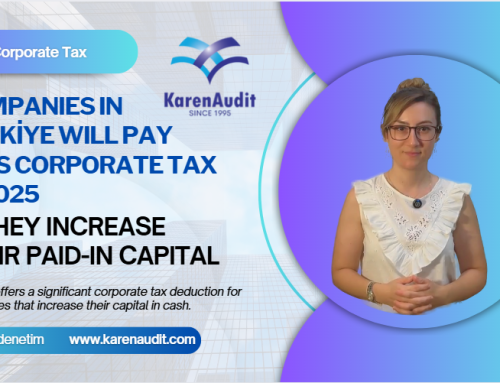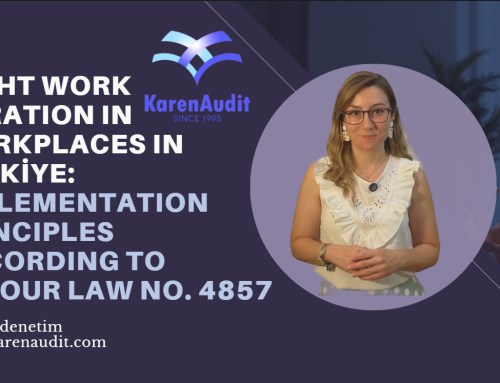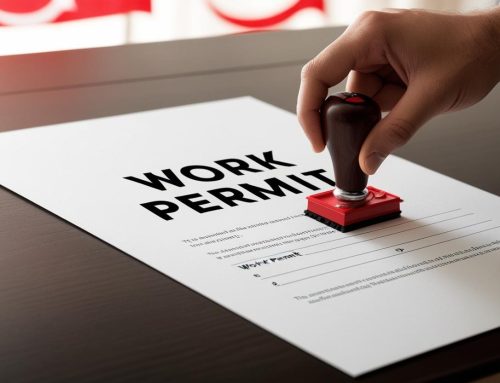October 19, 2022
We know the rapid increase in the cost of living is hard. Russia’s invasion of Ukraine has led to higher energy bills and increases in the prices of food and other goods.
High inflation hits the least well off the hardest.
Our job, as Bank of England to make sure inflation is low and stable, so we need to bring inflation back down. The way we do that is by increasing interest rates.
We set the UK’s key interest rate, Bank Rate. It is more widely known as ‘the base rate’or just ‘the interest rate’. Bank Rate influences all the UK’s other rates, including those you might have for a loan, mortgage or savings account.
We’ve raised Bank Rate from 0.1% last December, to 2.25% now. The most recent increase of 0.5 percentage points happened on 22 September of this year.
How long will high inflation last?
Higher energy prices is the main reason why inflation is currently so high. In particular, Russia’s invasion of Ukraine led to big increases in the price of gas. The war in Ukraine has also increased food prices.
There is also pressure on prices from developments in the UK. Businesses are charging more for their goods and services because of the higher costs they face. There are more job vacancies than there are people to fill them, as fewer people are seeking work following the pandemic. That means that employers are having to offer higher wages to attract job applicants.
The Government cap on energy bills means that we expect inflation to rise only a bit further from where it is now. The rate of inflation is currently about 10%. We expect it to rise to about 11% in October. After that, we think it will stay above 10% for a few months, before starting to fall.
It’s our job to make sure that inflation continues to fall all the way back to our 2% target.
How high will interest rates go?
If necessary, we will raise Bank Rate further to bring inflation down to our 2% target.
How high Bank Rate will need to go depends on what happens in the economy and what we think will happen to the rate of inflation over the next few years.
But the future is uncertain, so we can’t be precise about how high Bank Rate will go. We will continue to review how the economy is doing and whether a change in interest rates is needed every six weeks or so. We will make our next interest rate decision on Thursday 3 November 2022.
How will interest rate rises affect me?
If you have a loan or mortgage that charges you a variable interest rate, you might find that the cost of your repayments goes up.
Say you have a £130,000 mortgage that you want to pay off over 25 years. If the interest rate on the mortgage is 3.5%, the monthly repayment will be £651.
But if the interest rate is 0.5% higher – the amount we raised interest rates in September 2022 – the monthly repayment rises by £35 to £686.
If you’re on a fixed rate you won’t see any change until the end of your fixed period.
It’s important to understand how a change in interest rates could impact your ability to pay.
If you have savings in a bank account that pays interest then you might see interest rates on your savings go up.
How do higher interest rates help to bring down inflation?
Higher interest rates make it more expensive for people to borrow money, encourage people to save and, overall, mean that people will tend to spend less.
If people spend less on goods and services overall, then the prices of those things tend to rise more slowly. Slower price rises mean a lower rate of inflation.
The action we take to keep inflation low and stable – changing interest rates – is called monetary policy.
Source: Bank of England
Legal Notice: The information in this article is intended for information purposes only. It is not intended for professional information purposes specific to a person or an institution. Every institution has different requirements because of its own circumstances even though they bear a resemblance to each other. Consequently, it is your interest to consult on an expert before taking a decision based on information stated in this article and putting into practice. Neither Karen Audit nor related person or institutions are not responsible for any damages or losses that might occur in consequence of the use of the information in this article by private or formal, real or legal person and institutions.






